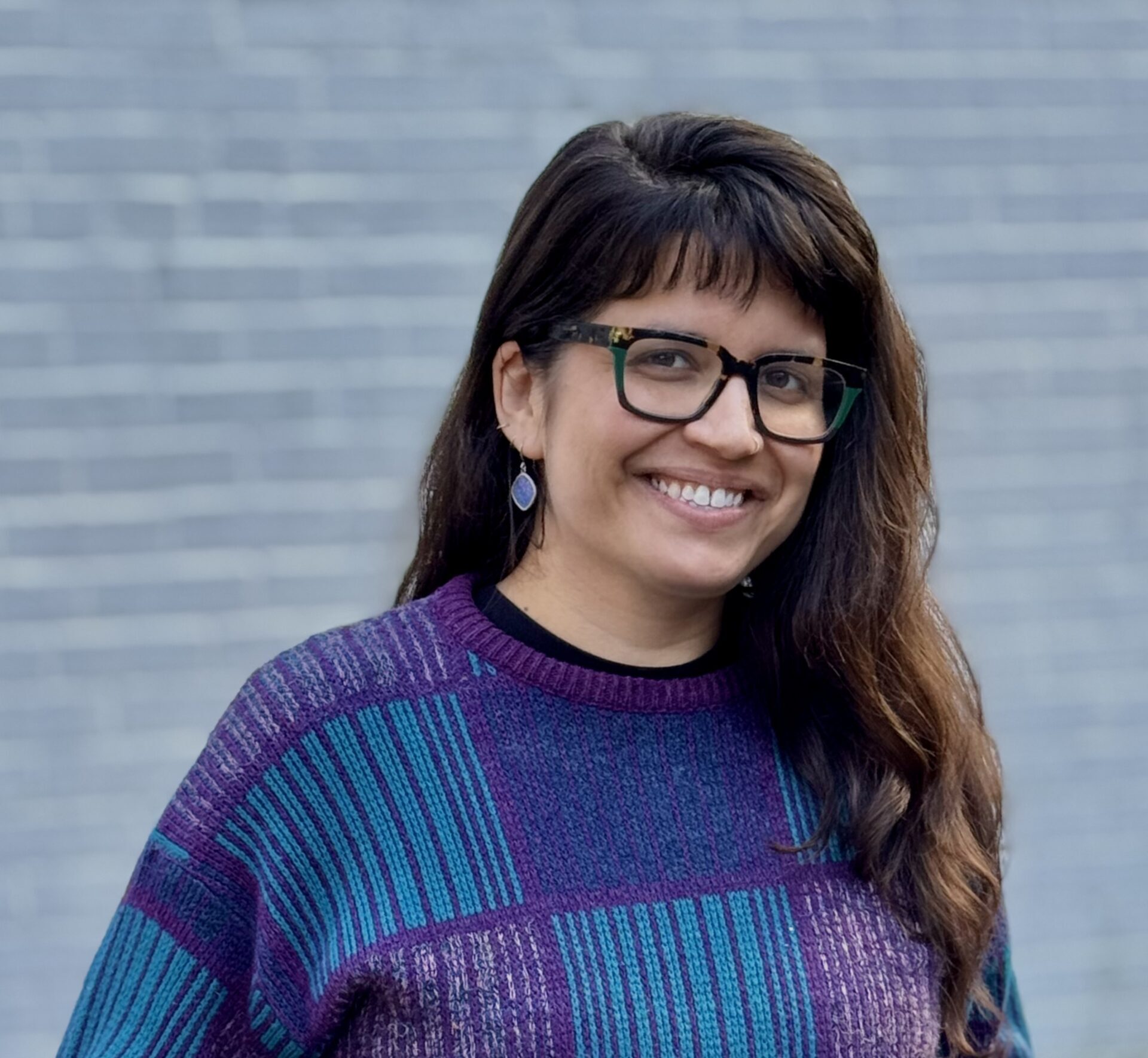Entrepreneurs Thriving with Chronic Conditions: Sarah Stern
June 27, 2025
Written by Sarah Stern, MA, MS, Founder of With Care Creative.
Living with chronic conditions changes the way you move through the world. For Sarah Stern, an entrepreneur with chronic conditions and founder of With Care Creative, navigating autoimmune and mental health conditions has not only shaped her daily life but deeply informed the kind of career she’s built: one anchored in creativity, care, and conscious pacing.
Thriving in Career with Chronic Conditions
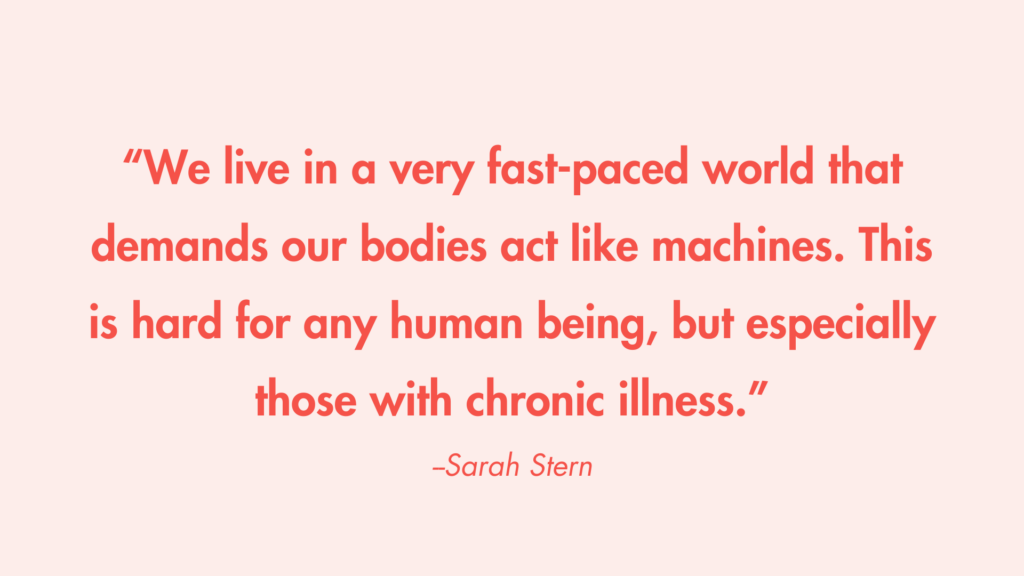
Sarah had her first major mental health episode at 17 and became an autoimmune patient by 26. Her flares were intense and unmistakable, leading to a series of heavy medications that became necessary just to function.
She says, “I am lucky that much of the medication has been effective. For example, if I didn’t get infusions covered by private insurance, I wouldn’t be able to walk. If I weren’t able to afford this insurance, my quality of life would be very different.
My biggest challenge has been the side effects that these heavy medications have caused, including elevating my blood sugar into diabetic range, causing hypothyroidism, hurting my kidney function, and other suspected problems.”
Sarah shares that one of her biggest lessons in navigating work alongside chronic conditions is learning to pace herself. “We live in a very fast-paced world that demands our bodies act like machines. This is hard for any human being, but especially those with chronic illness.”
Working with career and chronic illness coach Michelle Irving, Sarah created a list of daily and weekly reminders she keeps near her desk. This list includes taking breaks every 90 minutes, avoiding working after dinner, and leaning into her body’s natural rhythms.
For example, she says, “That might mean determining a time of day you are most productive and working then, or cutting yourself some slack at a time of day you don’t have as much capacity. I spent most of last year throwing up every morning, and I was able to build my schedule around it. Not everyone has this flexibility, but there are small ways we can honor ourselves even with all the constraints of modern life.”
Related Article: The Intersection of Chronic Illness and Mental Health
From Conflict Work to Creative Passion
Sarah’s professional story is as layered as her health journey. She began her career in Jerusalem, working in conflict transformation between 2013 and 2017. “I burnt out from living in such an intense environment,” she says, and that time of stress led to physical symptoms doctors couldn’t explain: low-grade fevers, gut issues, exhaustion. A few months after returning to the U.S., she was diagnosed with an autoimmune condition.
While working a nonprofit communications job, she realized “My mental health diagnosis is strongly correlated with a high level of creativity, and I was finally able to embrace that professionally,” noting that her favorite part of the work was visual design, layout, and storytelling. That realization led her back to art school to study graphic design and work that combined her creative passions with her personal connection to chronic illness.
“I created a thesis project focused on prototyping an app that supported the emotional well-being of people with chronic illness, and that took on new meaning as I completed it in the midst of quarantine as an immunocompromised person with a lot of health anxiety,” making the project became even more personal and necessary.
Building a Business That Honors Your Body
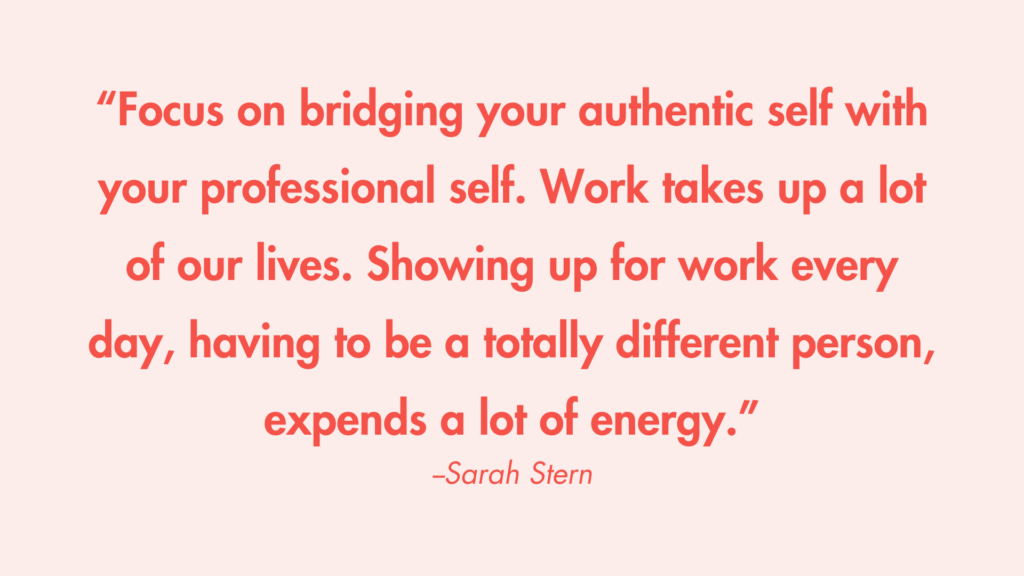
What followed was years of experimentation: freelancing, part-time roles, niche contracts, and creative passion projects to test various work rhythms until she found what truly aligned with her needs.
“After trying out full-time work in more corporate environments, I realized that I needed a slower pace to support my chronic conditions. I decided to opt for fewer hours in smaller environments and really focused on my interest in the health sector. I found my place at a brand strategy studio called Uncommon Bold. There I was rebranding health IT companies and working on the publishing team of a book called Artists Remaking Medicine. I also pursued a part-time degree in Health Communication Design and started picking up side gigs that allowed me to be in person with a team and had a regular rhythm to it. If this sounds like a lot, it’s because it was! Without a full-time job anchoring me, I had to figure out what I wanted to do, and there were a lot of options.”
Related Article: Freelancing with a Chronic Illness: A Complete Guide to Flexible Success
In 2025, after five years in the design world, she officially launched her business, With Care Creative, a design studio specializing in information design (eBooks, white papers, infographics, and decks) and brand design (logos, color palettes, brand suites, and web assets). Sarah’s motivation to start a business is tied to her life with chronic illness. “I used to take on a lot of projects when I had high energy, and then had trouble completing them when my energy dipped as chronic illness flared. Now that I work for myself, I’m able to pace better.”
Sarah’s work bridges the visual and intellectual: “My superpowers have always been a combination of brains and eyes, and both of them help me tell complex health stories in visually approachable ways.”
Sarah has worked with foundations like AARP, the CDC, and Philips. Her current anchor contract is with OpenNotes, a patient experience research institute affiliated with Beth Israel Deaconess Medical Center and Harvard Medical School. She helps translate complex medical research into visual abstracts and digestible designs that are accessible and engaging.Sarah’s advice for others building a career while living with chronic conditions is to “Focus on bridging your authentic self with your professional self. Work takes up a lot of our lives. Showing up for work every day, having to be a totally different person, expends a lot of energy.”
What It Means to Be a “Chronic Boss”
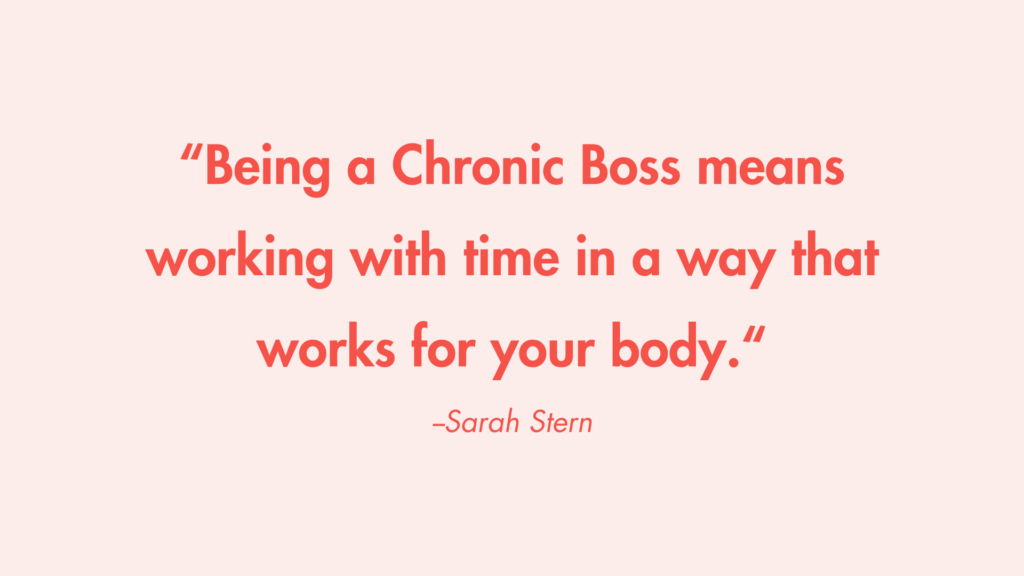
For Sarah, success isn’t about speed; it’s about sustainability. She says, “Being a chronic boss means working with time in a way that works for your body” and draws inspiration from the concept of crip time, a disability justice term that reclaims the word “cripple.” It reimagines time as flexible, adaptable, and responsive to the needs of our bodies.
“It means making time meet your body’s needs, rather than forcing your body to meet societal expectations of time. This might mean going a lot slower. This might mean not every client is for you. It will probably also mean you’ll be able to accomplish what you set out to do if you’re realistic about pace,” Sarah explains.
You may need to move more slowly. You may need to say no. But you can build something that honors your capacity, your passions, and your pace.
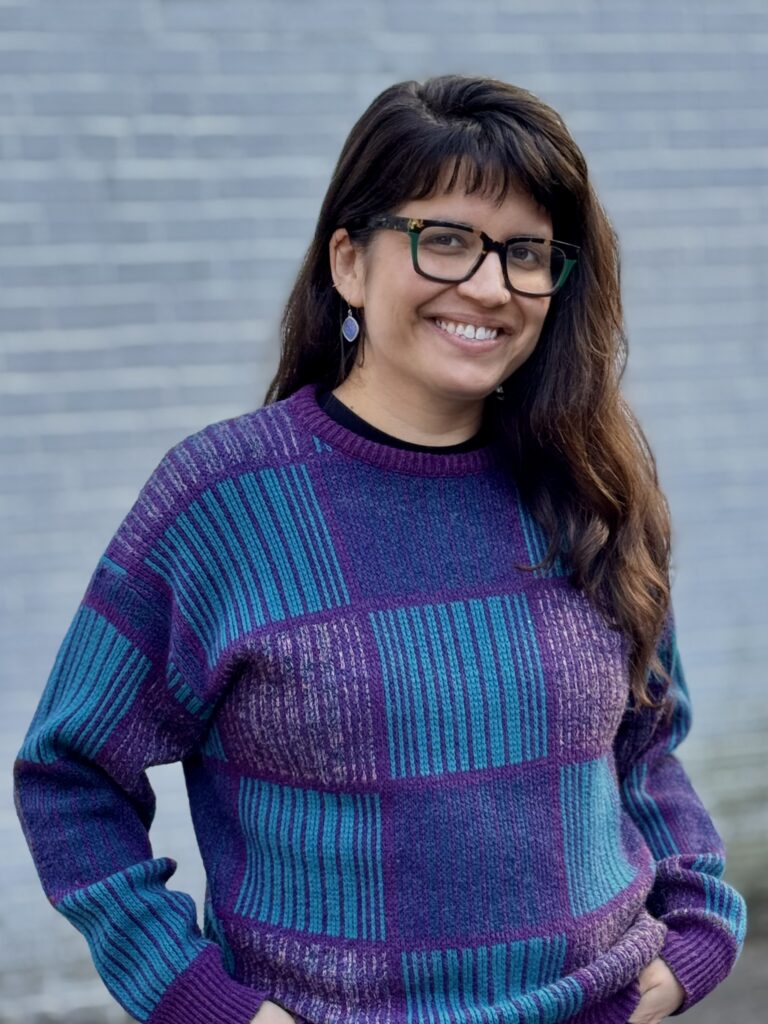
Sarah Stern, MA, MS, is the Founder of With Care Creative. She is a Health Communication Designer at OpenNotes, a movement advocating for greater transparency in healthcare, and she takes select clients.
Sarah received an MA in Graphic Design from the Maryland Institute College of Art (MICA) and an MS in Health Communication Design from Thomas Jefferson University. She has over a decade of experience working in design, marketing, social media, advocacy, and communications capacities.
In her spare time, you’ll find her casting expired pills in resin or making poetry from side effect sheets.
